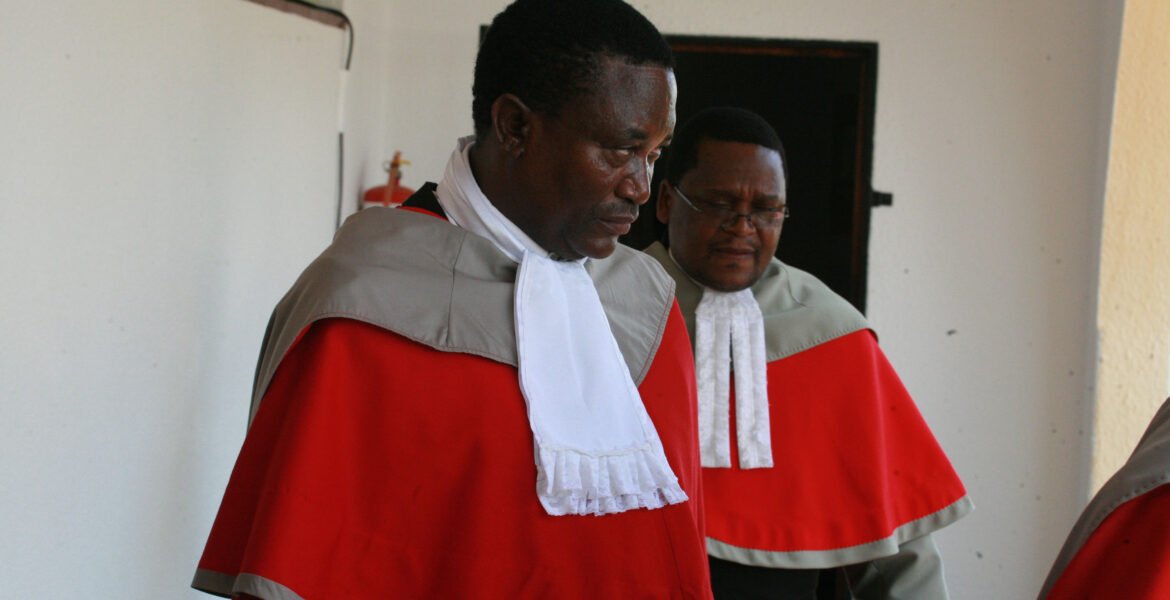“It is not inconceivable that Mr. Justice Rannowane’s decision might be overturned on appeal, nor is it inconceivable that Mr. Justice Motswagole’s decision may be appealed following the reasons thereof. Decisions of courts cannot be pre-empted and it will be foolhardy to assume that the Court of Appeal will uphold the decisions”
Walia J in BPP/BCP v Attorney General
I have since considered the judgment of the court in the case in which the opposition challenged the decision of the President to postpone the Francistown West bye-election. I have fundamental differences with the conclusions their Lordships reached and the reasoning thereof. Whereas the conclusion came as a shock not least because I was on the losing side, the basis of the conclusion was even heartbreaking. This decision will come to haunt our democracy for many years to come by eroding and undermining the little that was left of it. Its dearth of reasoning is another living testimony that the conduct and running of elections must be left exclusively in the hands of truly independent electoral management bodies.
The court engaged in an ‘idle speculation’ as to the basis of their finding that the decisions of the lower court will be overturned. There is no reference to the papers filed of record as to what informed that conclusion. That conclusion could only be made if it had been pleaded what the issues before Justices Rannowane and Motswagole were and how they misdirected themselves relative to the law and the facts before them and therefore; a real likelihood exist for an appellate court to hold a different view. The fact of the matter is neither the judges who determined the opposition case aware of the pleadings to enable them to speculate as to the possibly holding of the appellate court. Theirs is akin to an appellate court seized with an application for bail pending appeal granting an appellant bail with the record of proceedings. That is simply untenable in law. The decisions of Justices Rannowane and Motswagole remains valid and enforceable until overturned on appeal. They cannot be stayed simply because they have been appealed against or are likely to be overturned.
Public interest involves balancing competing rights. The court ought to have asked itself whether it is in the public interest for a competitor in an electoral process to make rules to the game and determine their application (ex facie that seems grossly unfair); whether or not it is in the public interest to undermine the independence of the IEC (which have been vindicated in two court decisions) in respect of someone who have been heard through the courts twice and lost and whether the President did not use powers vested in him for an improper purpose which had not been authorised by the statute (the Electoral Act). If their Lordships had considered all these questions and the fact that the President deemed the petitioners to be voters as at the time he invoked the powers under section 46 and that the papers before them made no such disclosure as to their status, they would have found that the President used the powers for an improper purpose and labouring and an error of fact.
By ordering costs against the applicants and simply say costs follow the course is to instill fear in parties who seek protection from courts and act reasonably; it is failure to exercise their discretion at all on issues of costs. The effect is to silence critical players in a democratic contest.

